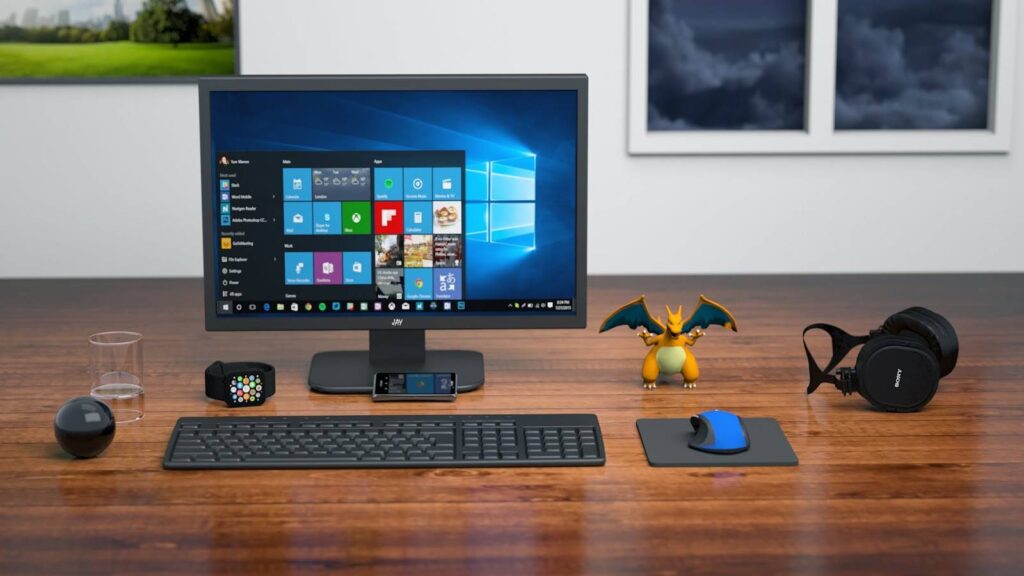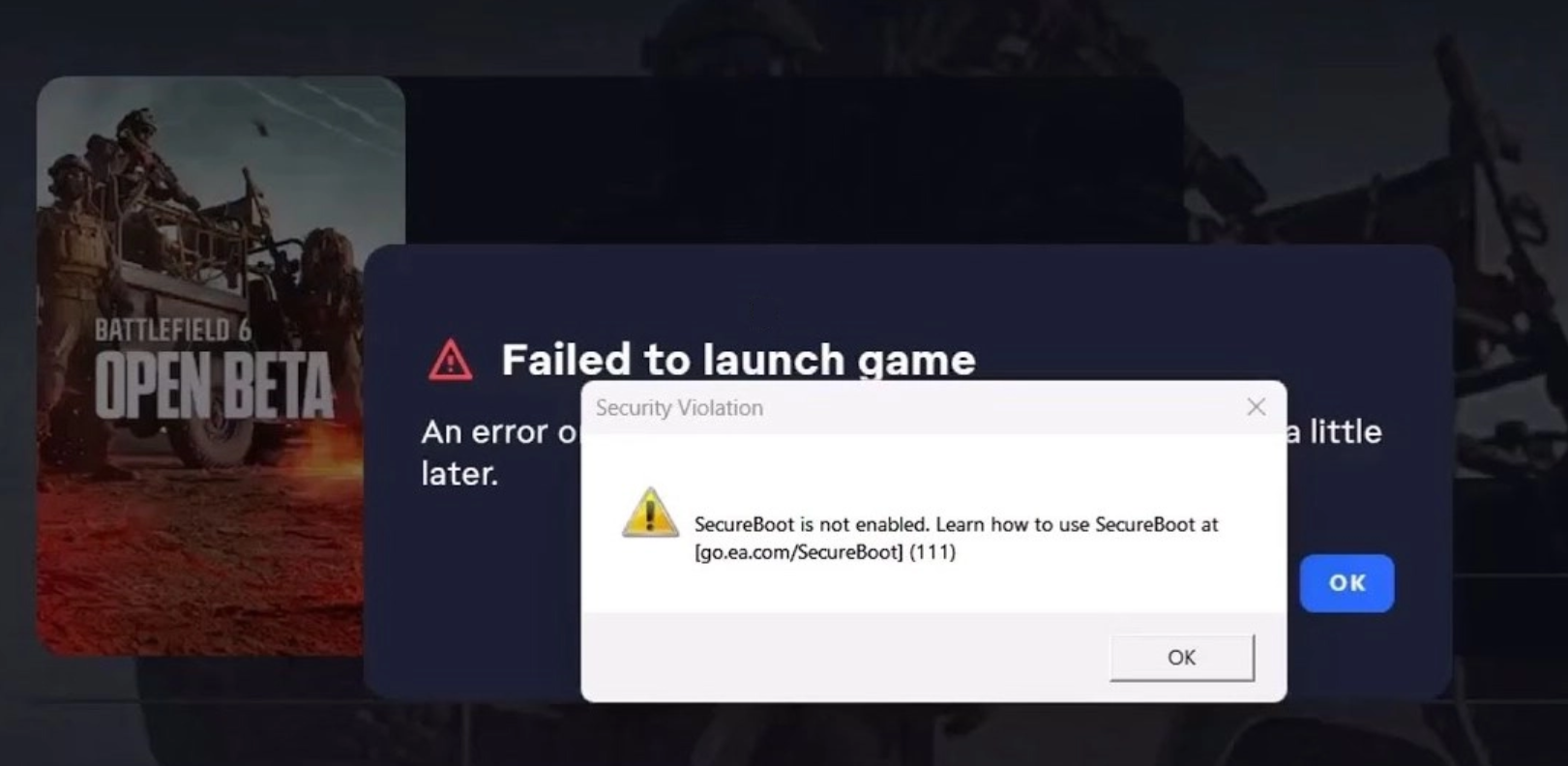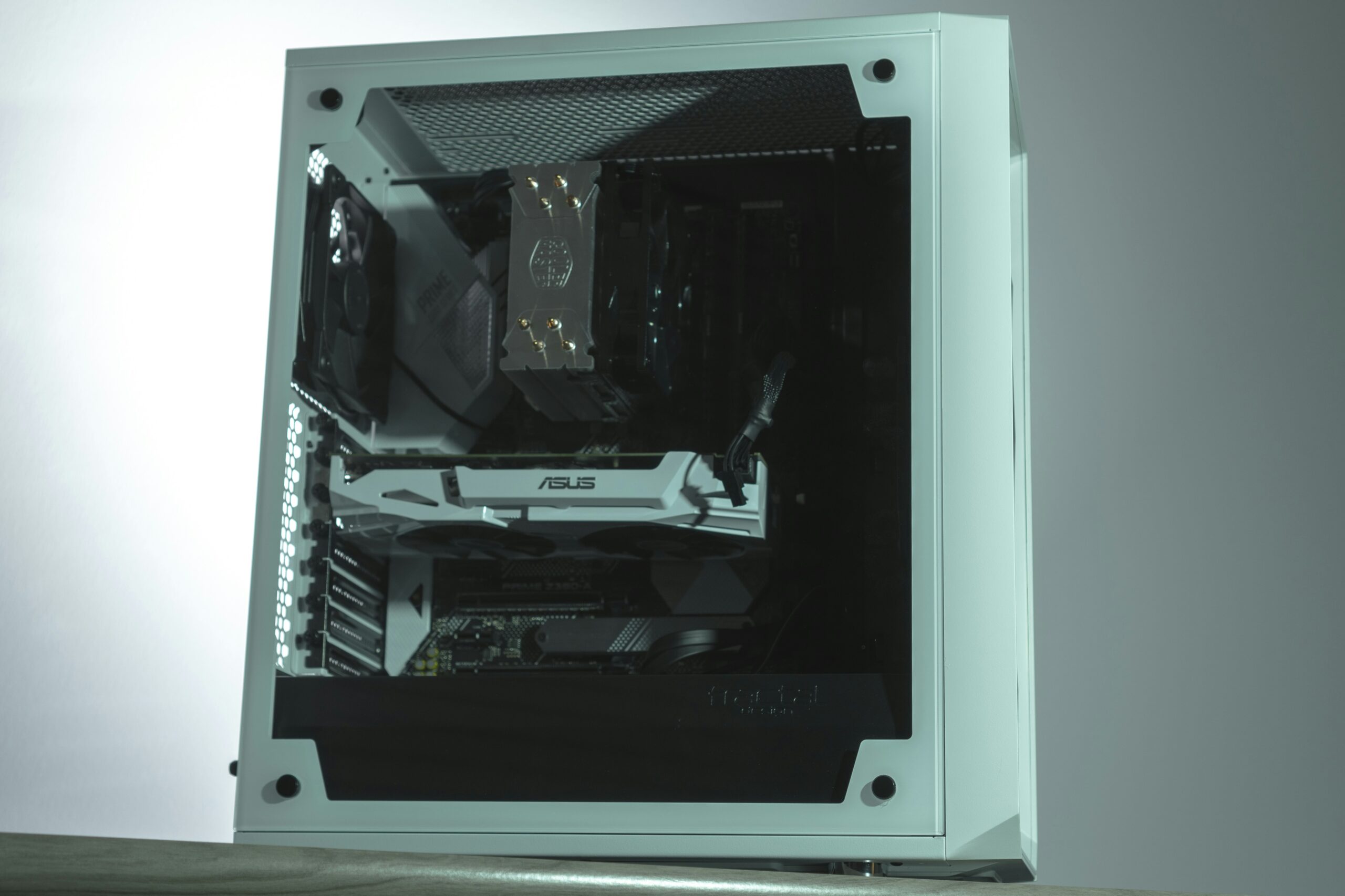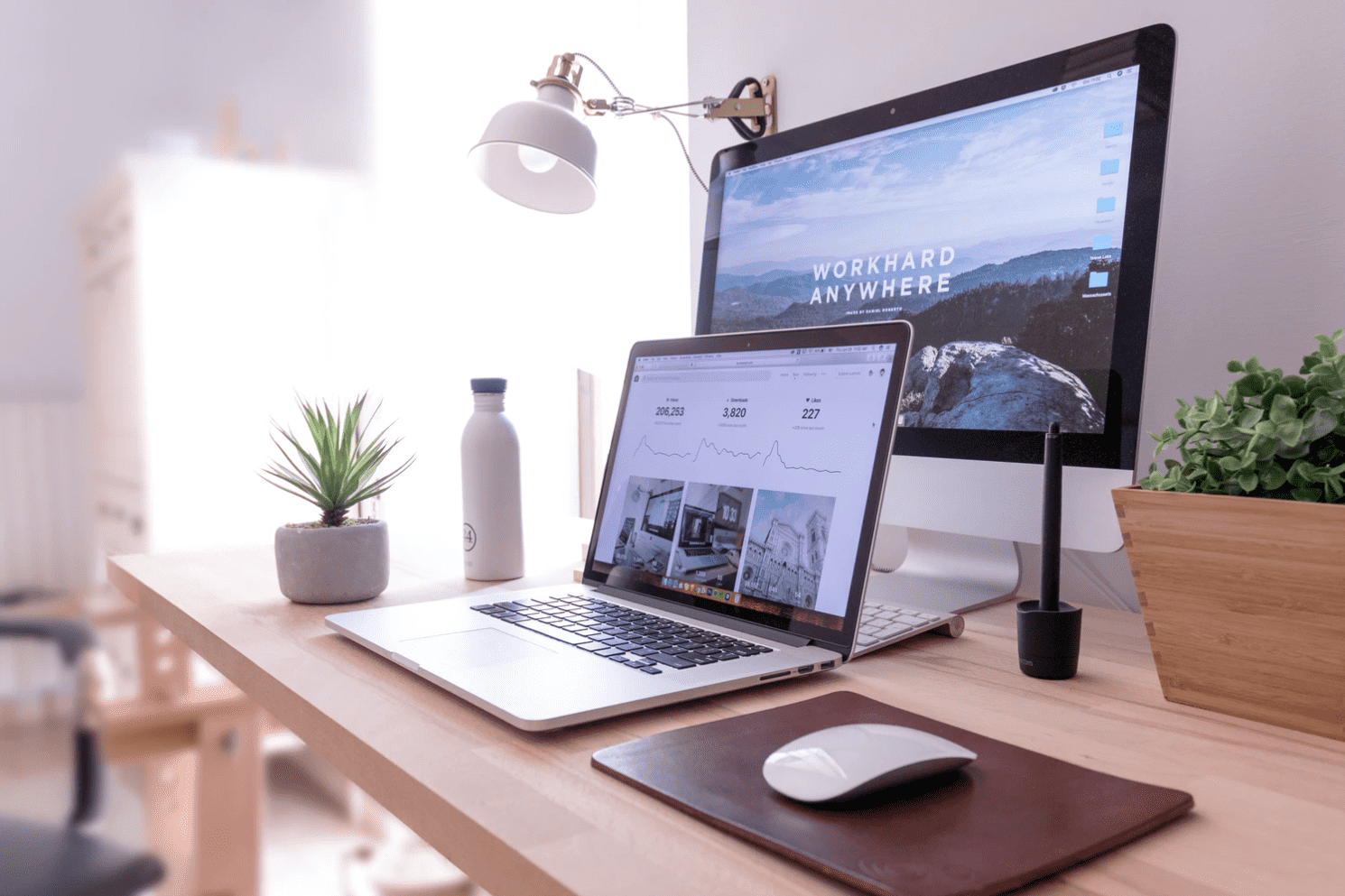New PC Cost: What Is The Ideal Price?
In the market for a new PC? Let’s be honest here. Buying a new PC is exciting, but understanding the new PC cost can help you make a smart investment without overspending. At the same time though, there’s just so much cool, flashy stuff to choose from.
In this article, we’ll help you traverse the delicate line between sensible purchasing sensibilities and full-throttled techno-bedazzlement, while exploring factors that contribute to a new PC cost.
We’ll show you the key things to look for when buying a new PC —so that it’s not just cool, but a powerful and useful tool that’s going to last.
Before we dive in though, remember that Nerds On Call are experts in getting great bang for your buck when it comes to computers and technology. If you want some solid advice, just call us on 1-800-919-6373 or drop us a line through our contact form.
Trying to figure out what computer is best for you, our Nerds are here to be your new PC Consultants. Need help with setting up that new PC? We can get your data transferred and you’re comfortable with the new computer.
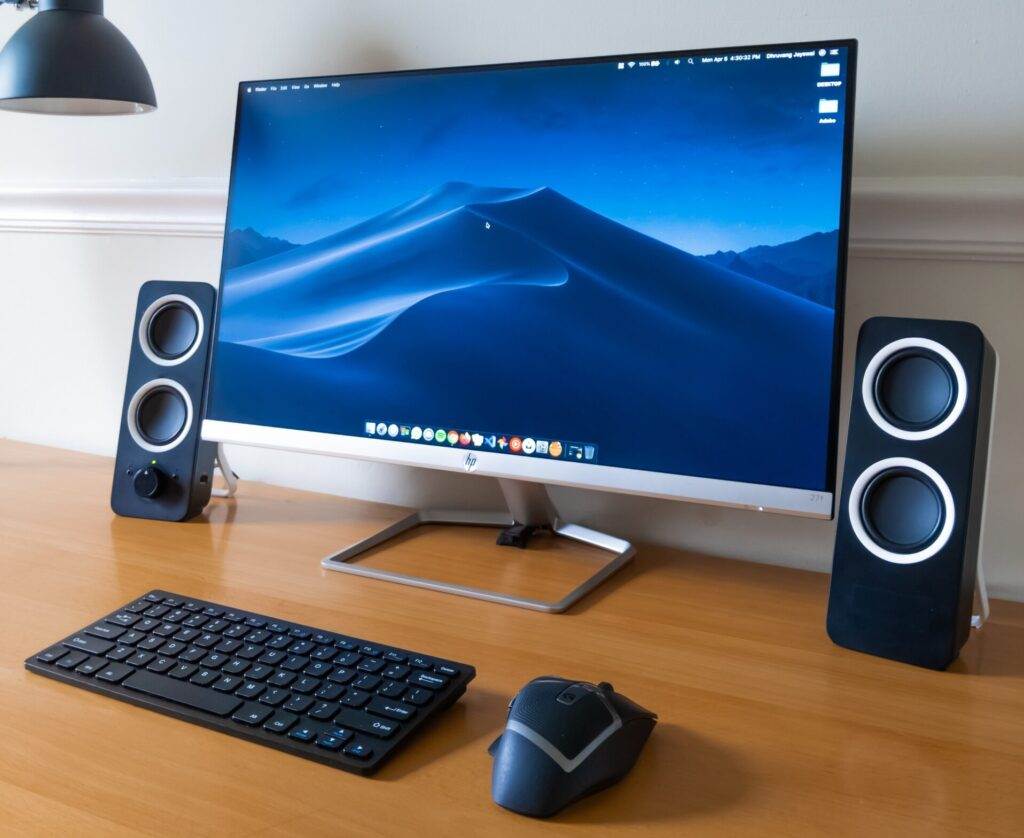
Ensure your data’s security during laptop or PC e-waste recycling with Nerds On Call. Our technicians deliver expert data destruction and wipes. Reach out to Nerds E-waste service today to arrange a convenient drop-off appointment.
Understanding New PC Cost: What You’re Really Paying For
New PC Parts: Solid State Drive
OK, this might not be the most exciting feature of your new PC, but it’s really important. We’re talking about your hard drive.
Back in the day, hard drives were an entirely mechanical affair, and the fact is, a lot went wrong with them.
While these drives are a lot better than they used to be, it makes all kinds of sense to pay a little bit extra for what is known as a “solid-state drive.”
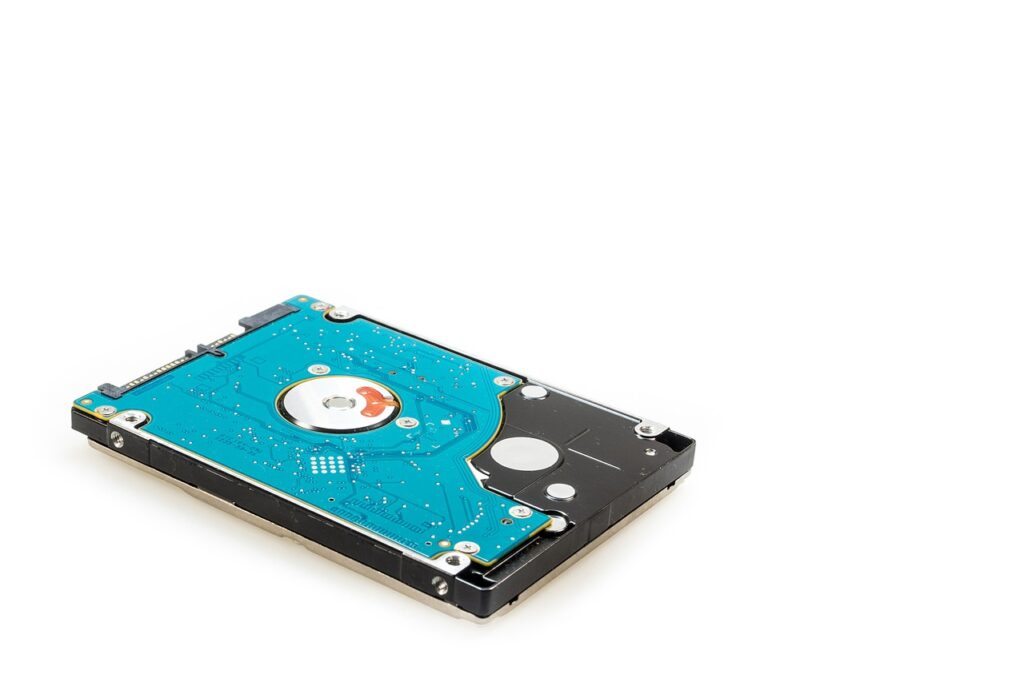
It’s not often you can say something as simple as this in the nerd world, but solid state drives are … just better. They don’t have moving parts so they’re more reliable and will protect your precious data.
They’re also faster, lighter and smaller.
The cost of upgrading from a standard hard drive to a solid state drive is as little as $70, making it a worthwhile investment when considering overall new PC cost. Definitely a no-brainer.
Like This? We have more!
Sign up below to be kept in the loop and be sent more content like this in the future!
New PC Parts: Grab As Much RAM As You Can Afford
This piece of advice is as true today as it was back in the dark ages of 386 PCs, dial-up modems and VGA monitors.
Get as much RAM as your budget can afford.

So let’s just take a tiny step back and deal with the obvious question. What is this RAM stuff? RAM (Random Access Memory) is the equivalent of your short-term memory. It’s like all the stuff you’re holding in your head right now as you’re reading this article.
The more RAM your computer has, the more it can do at once and the quicker it is at doing it.
The thing about RAM (and the reason it’s such a fantastic upgrade) is that you basically use it for everything you do on your computer. From graphics to games to boring spreadsheets, RAM is the secret sauce that transforms your computer from grinding slowness to awesome zippiness.
These days, 8GB of RAM is really the rock bottom for anything running Windows. You will absolutely notice the difference if you upgrade to 16GB though.
Your machine won’t just be faster, it’ll also be more reliable.
It’s a similar deal to our friend the solid state drive, in terms of bang for your buck. 8GB of RAM starts at around $50, which is a small addition to your new PC cost but provides a significant performance boost.
New PC Parts: Processor
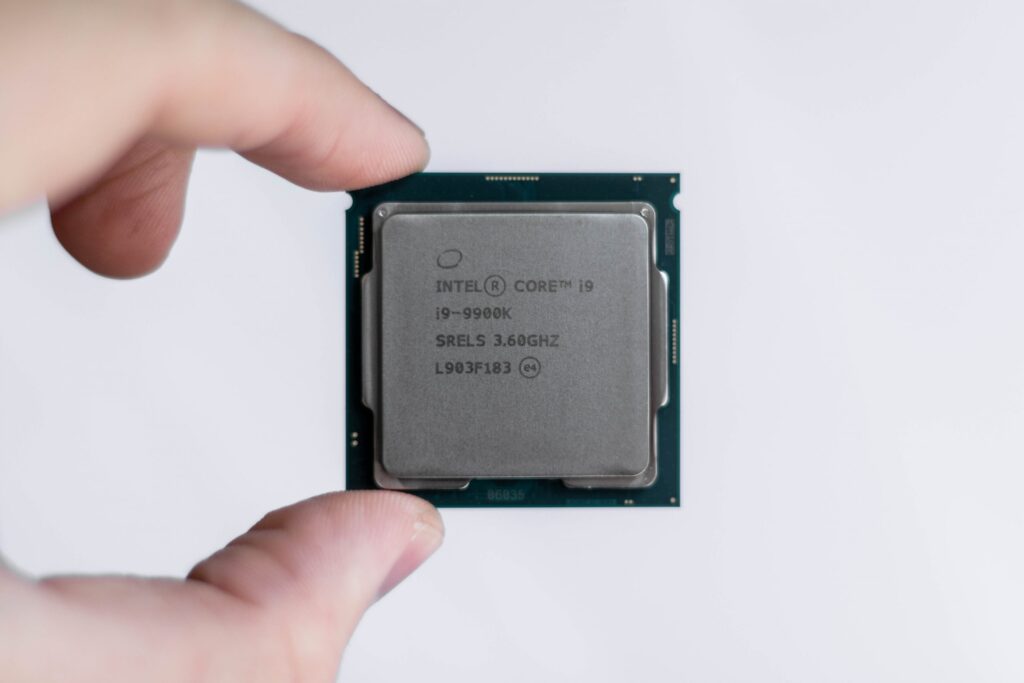
Now we’re getting into the nitty-gritty of what makes your computer a computer, rather than a really expensive paperweight. When factoring in the CPU for your build, it’s important to balance performance and new PC cost to ensure long-term value.
The processor of your computer is likely to be with your computer for the life of your new PC. Typically if it’s time to upgrade that it begins to make sense to do a complete replacement.
For this reason, it makes solid sense to buy something that is going to stay functional and useful for as long as possible.
Intel Core i5, i7 or i9 is what you should be aiming for here. Generation 13 or higher is highly recommended. With one of these powering your new PC you should expect to have solid processing grunt for at least a few years.
Oh and note that we’re specifying a brand name here: Intel. Generally, it is better to go with an Intel core over the less expensive AMD brand.
The quality difference is enough to make a noticeable difference in how your computer runs.
Laptop: Screen Size & Clarity
So far, we’ve been looking at the nuts and bolts of what makes a computer perform well.

When it comes to a laptop purchase though, it’s just as important to think carefully about screen size and clarity. After all, unlike a desktop computer, you’re kind of stuck with the same sized screen and resolution throughout the operational life of your laptop.
There’s one basic piece of advice that will serve you really well: whatever you do, don’t buy a laptop blind.
Going off a picture will tell you nothing of how it feels to actually sit in front of a laptop.
A really easy way to check out which laptop screen size works best for you is to go into any store that sells computers (Costco, Fry’s, Best Buy) and actually get up close and personal with each screen.
If you find yourself squinting and grumbling at how small a screen is after five minutes, you can be pretty confident it won’t work for you long-term!
What you need to think carefully about is the trade-off between ease of use and convenience of transportation. A smaller monitored laptop will be lighter and easier to lug about. A larger screen will be heavier but way better on your eyes.
Of course, you can also think about whether you wish to invest in a secondary standing monitor for use at home.
This will give you the best of both worlds, but of course, it’ll also require forking out extra cash for that sweet second monitor.
New PC Parts: USB 3.0 Ports
USB ports are vital because they’re the connection point between your computer and all the various devices you use (from smartphones to external hard drives to cameras) although the type & quantity of them can factor into the new PC cost.
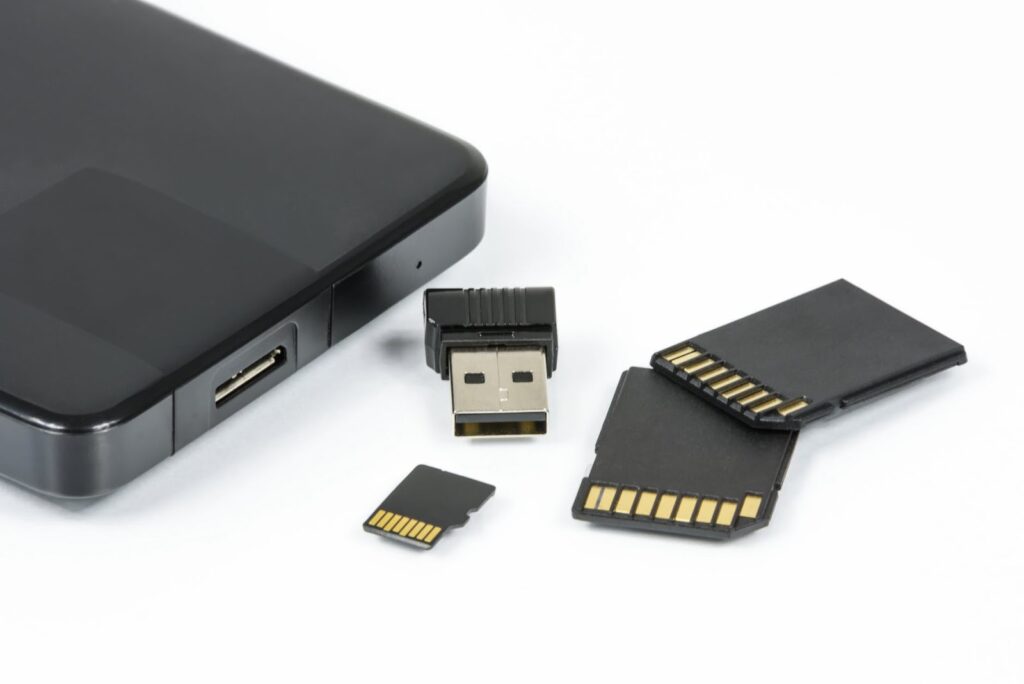
When shopping for a new PC, the type and speed of USB ports are important considerations. While older PCs often relied on USB 2.0, which supports data transfer speeds up to 480 Mbps, modern computers now include USB 3.x and USB-C ports that offer much faster speeds, improved power delivery, and broader device compatibility.
USB 3.0/3.1/3.2 ports can transfer data at 5–20 Gbps, making tasks like moving large files, backing up drives, or connecting external SSDs far quicker than older USB 2.0 ports. Meanwhile, USB-C has become the new standard, offering a reversible connector, high-speed data transfer, and the ability to deliver power to laptops, phones, and accessories—all in a single port.
For practical purposes, a new PC in 2025 should have a combination of USB 3.x or USB-C ports for high-speed devices and possibly a few USB 2.0 ports for legacy peripherals like keyboards or mice. Focusing only on USB 2.0 is outdated advice; choosing a PC with modern ports ensures better performance, future compatibility, and a more versatile setup.
New PC: Brand Matters
We get it. There’s a lot of brand snobbery out there. You can spend $150 for a pair of runners just because it has a fancy name brand logo emblazoned across it.
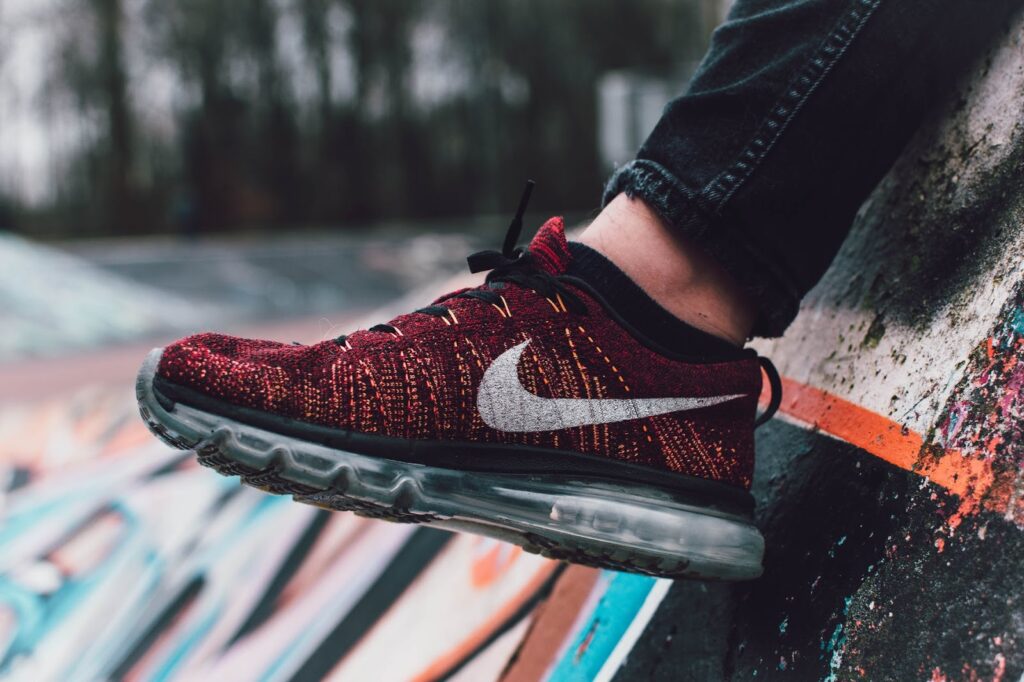
Brand really does make a difference with computers, though. Quality brands may add to the upfront new PC cost, but they provide better longevity, support, and reliability. They also provide better support.
The bottom line is, it’s worth it to pay a little bit more for a quality brand machine.
BGR ranked Lenovo highest among laptops. You’ll also do very well with HP & Dell brands.
New PC Cost: Buying A Gaming PC
When diving into the world of purchasing a gaming PC, there are several key factors to consider to ensure you get the best gaming experience tailored to your preferences. The first and foremost consideration is the hardware specifications.
Look for a gaming PC with a powerful graphics card, as it significantly influences the quality of visuals and overall gaming performance. Popular choices include NVIDIA GeForce and AMD Radeon GPUs.
The processor (CPU), RAM, and storage are also crucial components. Opt for a fast and capable CPU, ample RAM (at least 16GB for modern games), and consider a combination of SSD and HDD storage for both speed and capacity.
Another vital aspect is the gaming PC’s form factor and design. Some gamers prefer a sleek and compact design, while others may prioritize a larger case for potential future upgrades and better cooling.
Pay attention to the cooling system to prevent overheating during intense gaming sessions. Additionally, explore the available ports and connectivity options to ensure compatibility with your peripherals and accessories.
Moreover, keep an eye on the gaming PC’s upgradeability. The ability to swap out components easily allows you to adapt to evolving gaming demands without needing to invest in an entirely new system.
Consider the manufacturer’s reputation, customer reviews, and warranty options to ensure reliability and support in case issues arise.
Lastly, factor in your budget and aim for the best balance between performance and cost. A high-end gaming PC naturally has a higher new PC cost, but the performance and upgradeability make it worthwhile for serious gamers.
How Much Should I Pay For A New PC?
So, all this leads to the sixty bazillion dollar question, how much should I pay?
When evaluating new PC cost, a decent entry-level system typically runs between $400 and $600,

If you’re looking for the new PC cost of a system with better specs that will last 4 to 5 years, you’re probably going to be paying somewhere between $600 and $1200.
While there’s a bigger immediate outlay to a higher spec machine, in the long run, it’s likely to save you money buying a machine that will last. If your budget can stretch that far, it’s a smart nerdish move.
Buying a new PC can be a bit overwhelming, but by understanding new PC cost and focusing on features that deliver speed and reliability, you can make a smart, informed choice.
Like This? We have more!
Sign up below to be kept in the loop and be sent more content like this in the future!
